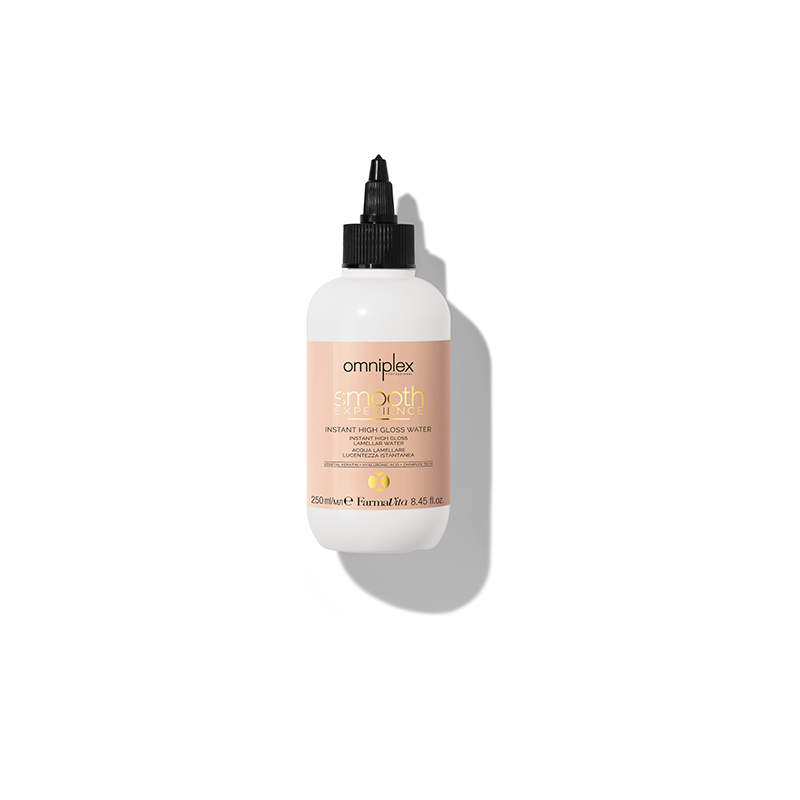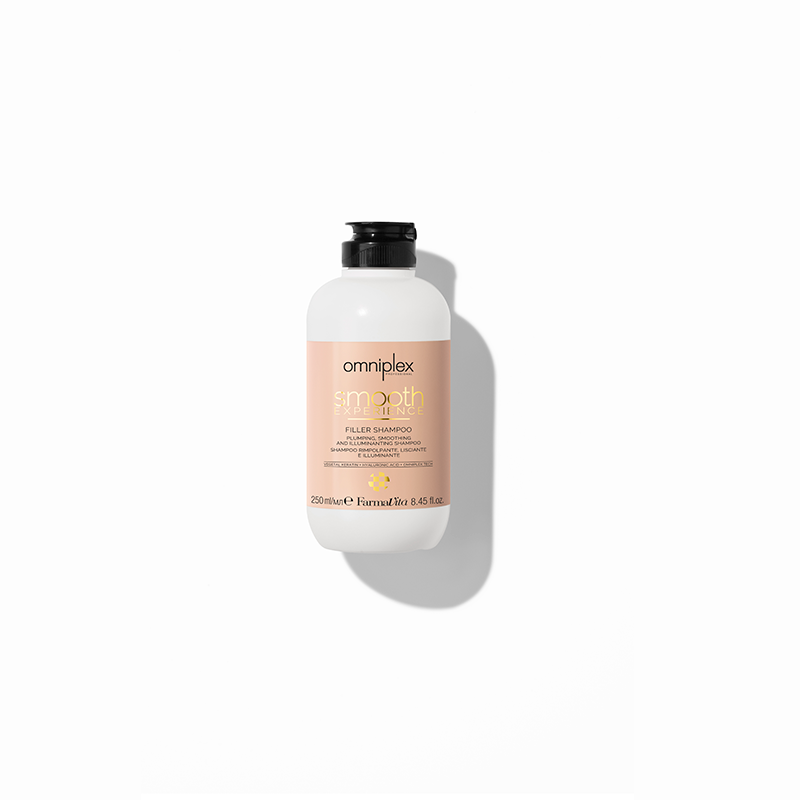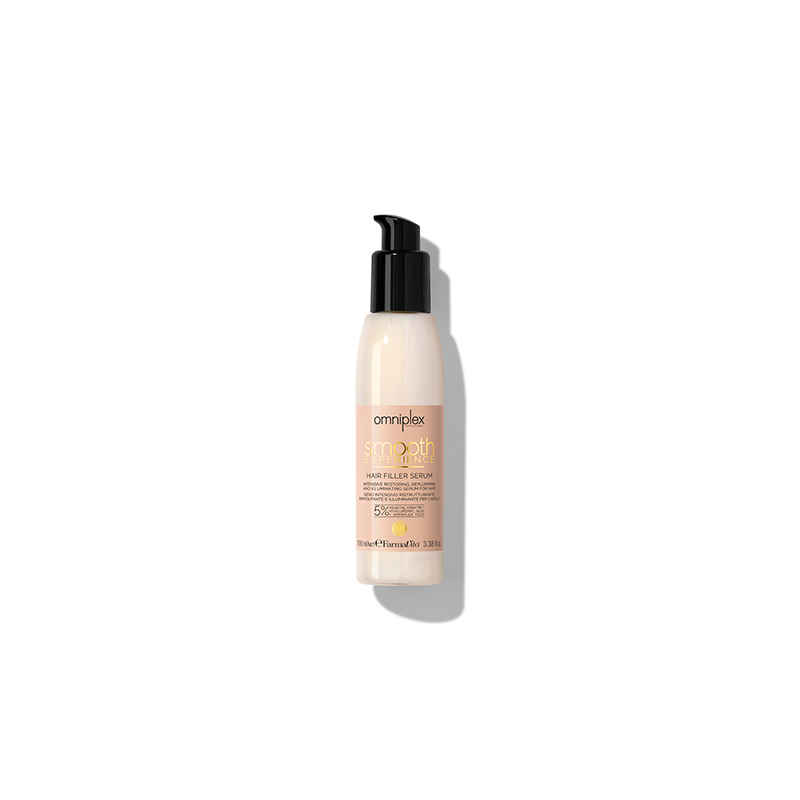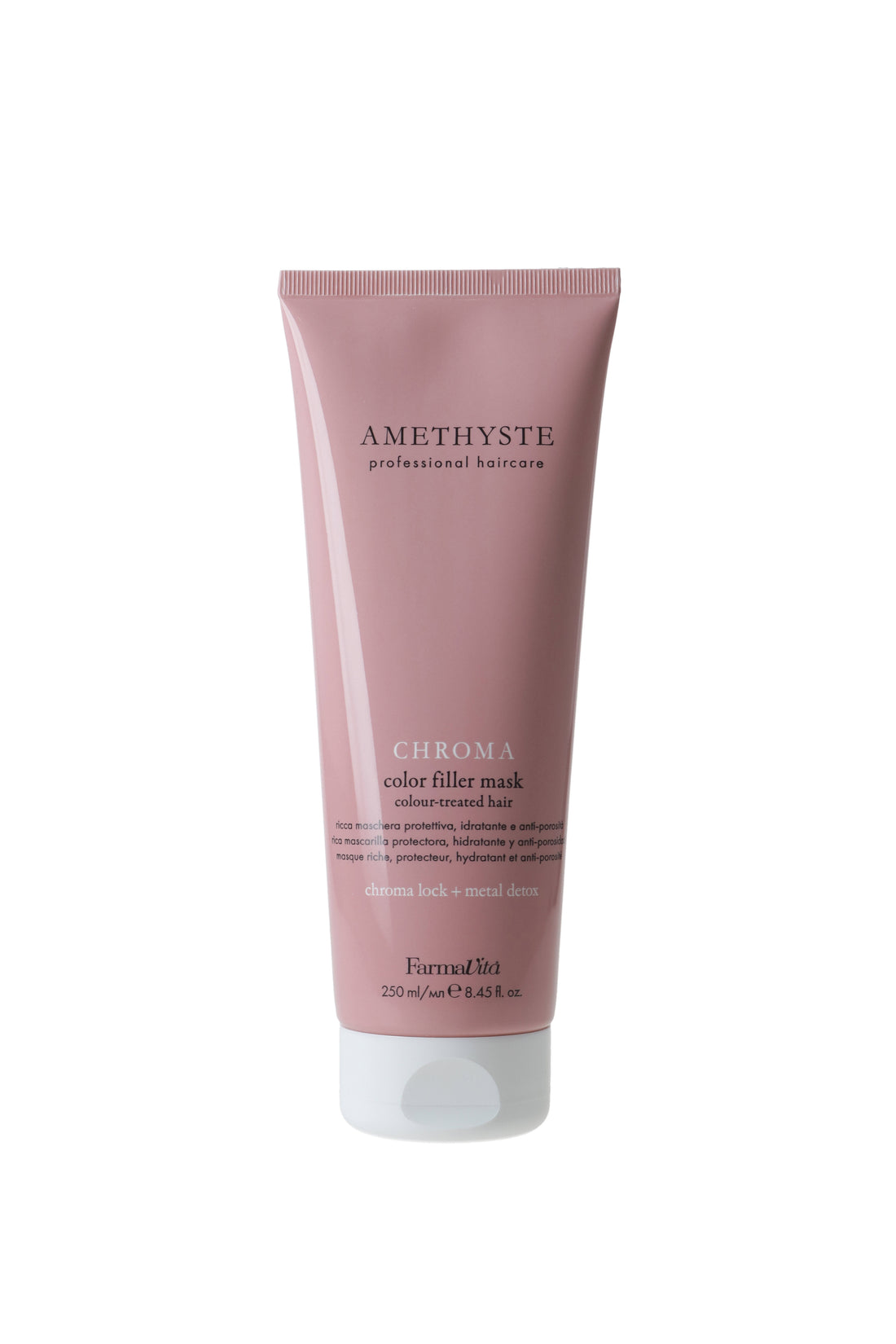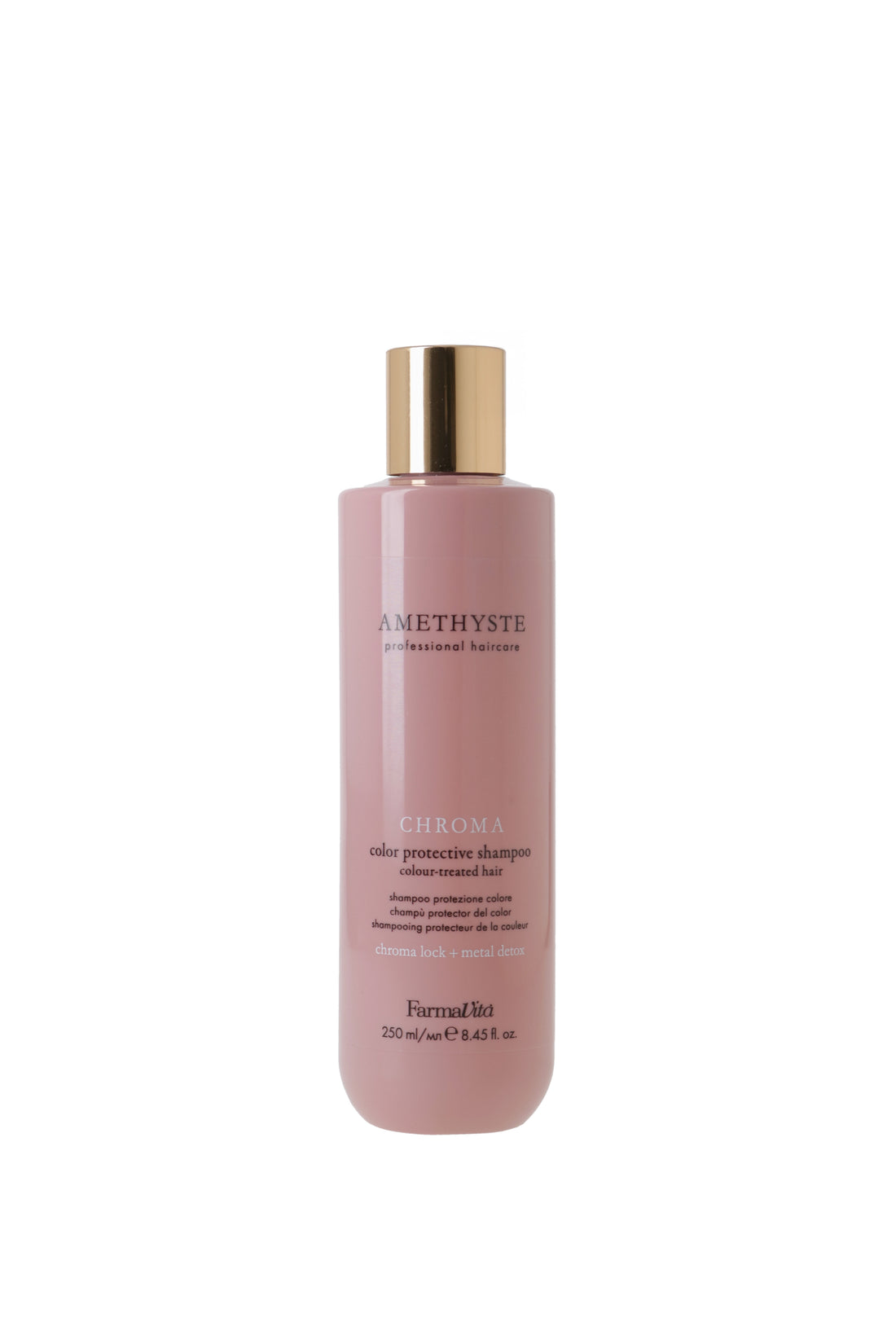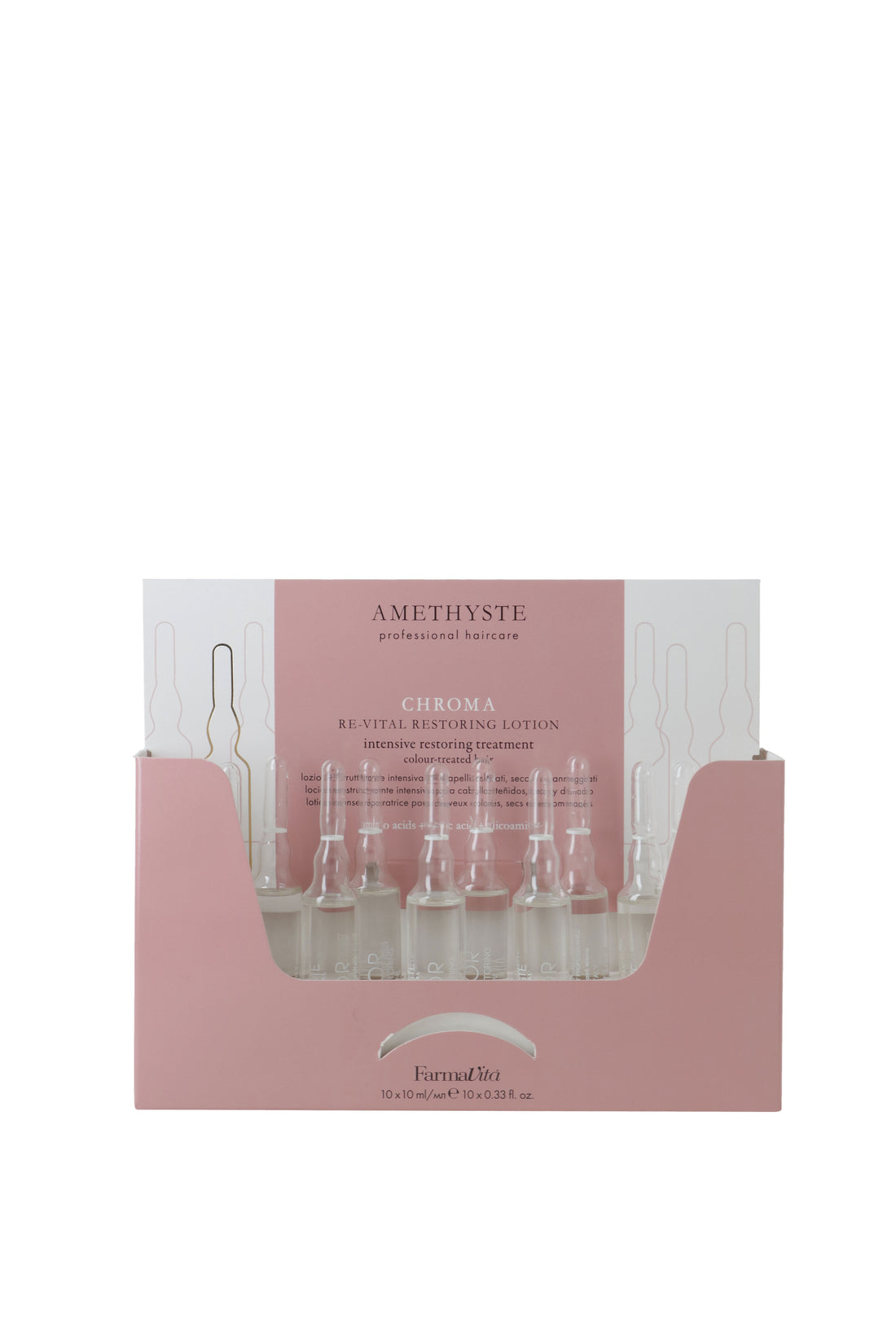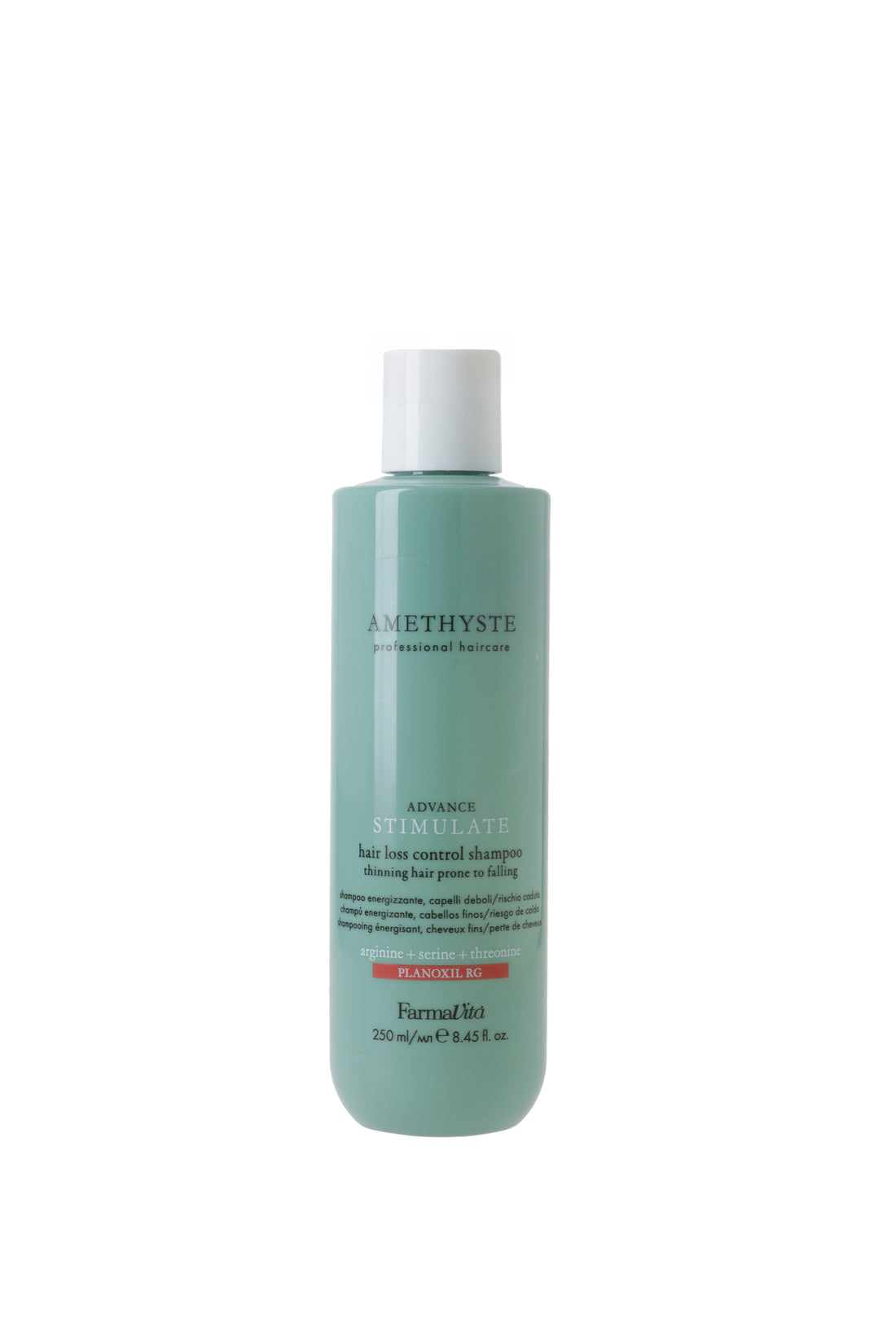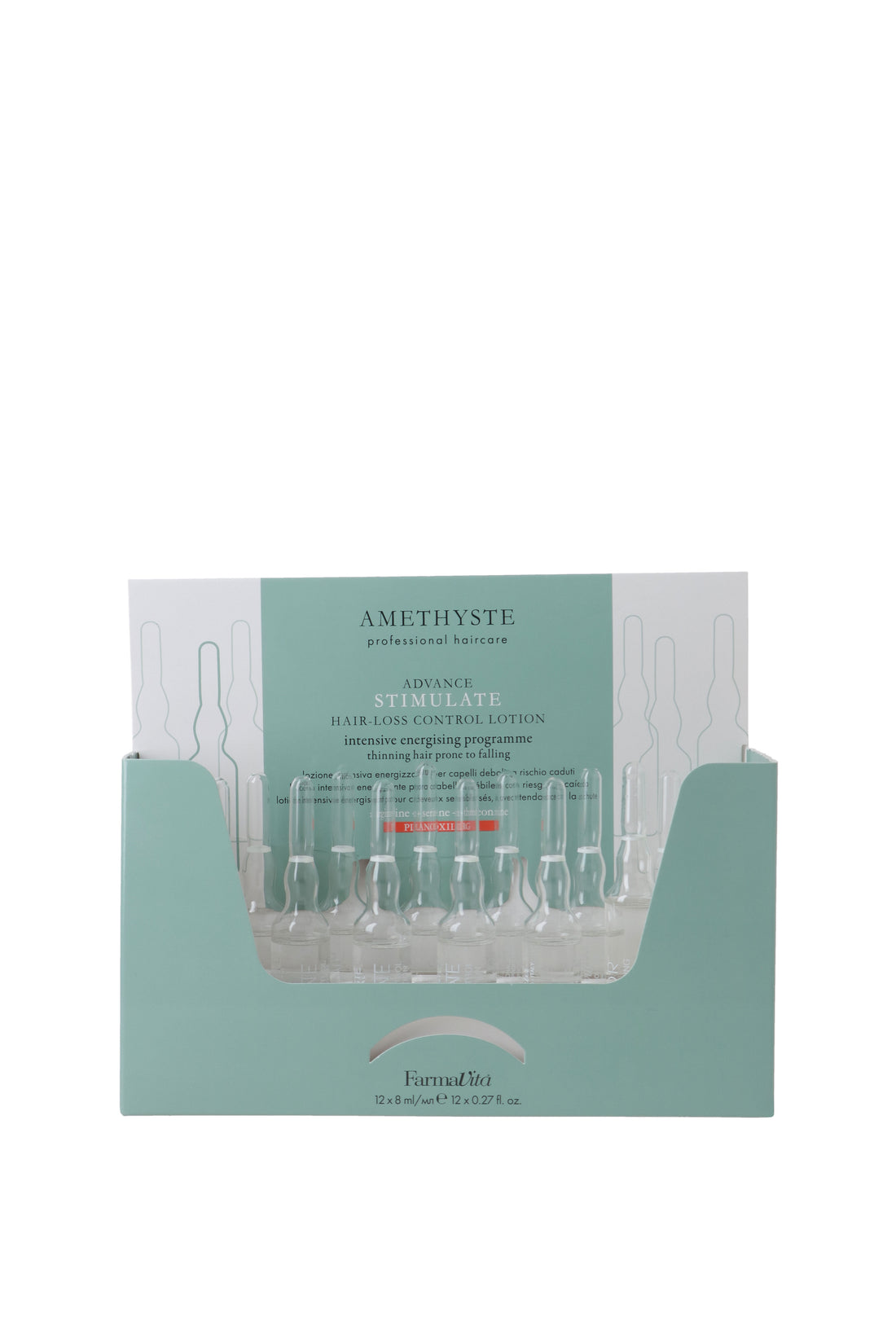Aspartic Acid (Amino Acid)
Aspartic acid is a non-essential amino acid, meaning that the body can naturally produce it. It is found in many protein-rich foods, including meat, fish, eggs, and plant-based sources like soy and legumes. Aspartic acid is an important component of protein synthesis and plays a key role in maintaining healthy hair by contributing to the structural integrity of hair fibres and promoting hair growth.
Aspartic acid is involved in the production of essential proteins and helps nourish hair follicles by providing necessary amino acids. A healthy, nourished follicle is more likely to produce strong, vibrant hair. Aspartic acid helps stimulate hair growth by supporting the proper function of hair follicles and enhancing the delivery of nutrients that are crucial for hair production.
Aspartic acid plays a vital role in the synthesis of proteins like keratin, which makes up the structural foundation of the hair, and collagen, which supports the skin and scalp. Keratin strengthens the hair shaft, improving its durability and reducing the risk of breakage. By supporting the synthesis of these proteins, Aspartic acid helps maintain the overall health and strength of hair.
By contributing to the formation of keratin and collagen, Aspartic acid strengthens hair fibres, making them less likely to break or suffer from damage. Stronger hair is more resilient to environmental stressors, heat styling, and chemical treatments, allowing hair to maintain its natural vitality.
Aspartic acid helps support a healthy scalp by improving circulation and the overall nutrient supply to hair follicles. A healthy scalp provides the optimal environment for hair growth, as it encourages follicle health and reduces the risk of conditions like dryness, dandruff, or scalp irritation that could inhibit hair growth.
Aspartic acid improves the elasticity of hair by supporting its protein structure, making hair more flexible and less prone to breakage. Elastic hair is more durable and can withstand bending, stretching, or manipulation, reducing the likelihood of split ends, frizz, and hair breakage. As a result, hair retains a smooth texture and appears healthier.
Aspartic acid can help maintain moisture balance in the hair, preventing it from becoming dry and brittle. Hydrated hair is shinier, softer, and more manageable, with a natural lustre. By maintaining hydration, Aspartic acid contributes to smoother, more nourished hair that looks and feels healthy.
Aspartic acid’s role in strengthening hair and supporting the production of collagen and keratin helps to protect the hair from external damage. The improved structural integrity of the hair shaft prevents excessive damage from heat, styling, and environmental factors, reducing the risk of thinning, breakage, or split ends.


